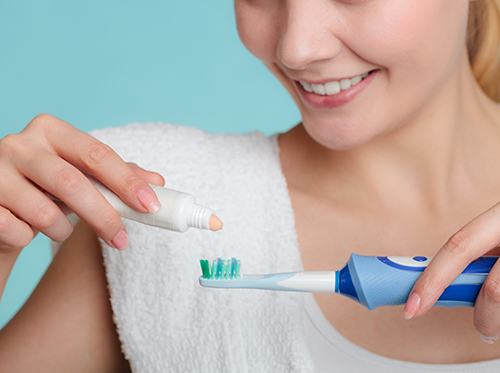Periodontal disease; I have what?!
August 18th, 2021

Our team from Carolina Dental Specialists understands the diagnosis of periodontal disease can be scary and confusing, but the good news in most cases is that it is treatable and manageable with a little work on the part of the patient.
Periodontal disease is an infection of the gum tissue, bone, and supporting structures for the teeth. In the past it was known as pyorrhea. Diagnosis is commonly made through a combination of dental X-rays, periodontal readings (called probe depths), and visual clinical findings.
The mouth is a gateway to the rest of the body and can provide clues to the patient’s overall health. In fact, the first signs of some chronic diseases appear in the oral cavity; they can be a hint for the dentist to refer the patient to a medical doctor for a thorough exam.
If left untreated, periodontal disease can lead to premature tooth loss, sensitivity, and chronic or acute mouth pain. If you have diabetes, you are more prone to periodontal disease and can experience greater difficulty controlling your blood glucose levels. The body ends up spending so much energy fighting the infection in the mouth that it cannot achieve balance elsewhere. Studies have shown that once periodontal disease is treated, the glucose levels become more responsive to control as well.
Standard treatments can include scale and root planing, medicated mouth rinse, and in some cases antibiotic therapy or laser therapy to help control bacteria while promoting healing. Periodontal disease can range from a few localized pockets to extensive and severe infection that may require surgery.
The process of scale and root planing may entail two to four appointments for treatment, with follow-up maintenance exams every three to four months to help prevent the spread of disease. In most cases you will be numbed for comfort during the procedure. After treatment you may feel a little sore—but you are taking steps to improve your health!
Scheduling an appointment with the Concord, NC office of Dr. Robee Bailey Jr., DMD will give you an accurate diagnosis and a range of treatment options. Periodontal disease is “silent,” which means you will not always experience pain as a signal of infection. When caught early and subjected to proper oral hygiene care on a daily basis, treatments are usually successful.




 Website Powered by Sesame 24-7™
Website Powered by Sesame 24-7™
